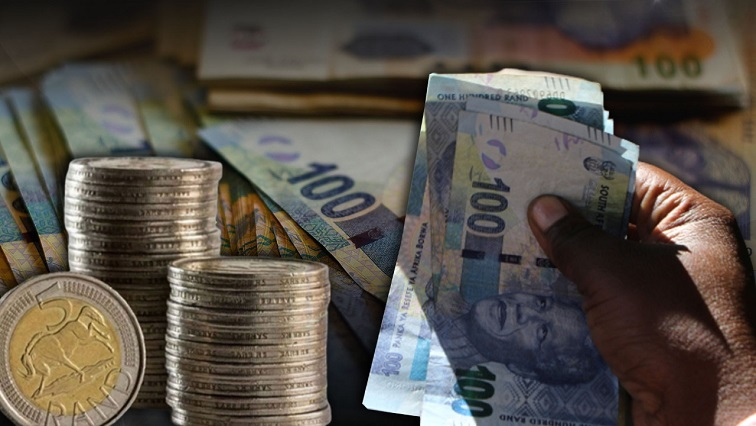Business
Beyond Greylisting: Can South Africa’s Financial System Finally Catch Up?

Greylisting: The looming test
South Africa has a month to prove it can shake off its greylist status, a label that has lingered for over two years, tarnishing the country’s financial reputation. The Financial Action Task Force (FATF) will conduct a follow-up site visit in October to verify whether reforms addressing money laundering and terrorist financing are genuinely effective, not just promises on paper.
Greylisting has come at a cost: slowed investment, higher cross-border transaction expenses, and a risk to domestic financial stability flagged by the South African Reserve Bank (SARB). Delisting could restore confidence, strengthen the rand, and lower the cost of capital, but the real test is implementation.
Modernising payments: SARB’s bold move
The Payments Ecosystem Modernisation (PEM) programme represents a transformative shift in South Africa’s financial landscape. From 2026, non-bank players will gain direct access to the National Payment System, allowing innovators to participate in clearing and settlement without relying on commercial banks.
This is not just a regulatory changeit’s a competitiveness strategy. Faster, transparent payments can help businesses avoid costly delays, particularly exporters. Consider the example of a small grape exporter in Cape Town: port congestion combined with delayed cross-border payments can ruin shipments, damage reputations, and harm trade relationships. Modern payment systems can prevent these “double taxes” on commerce.
The adoption of ISO 20022, the global standard for payments, promises improved fraud detection and integrated tracking for logistics and finance teams. This level of transparency is increasingly critical as South Africa seeks to attract investment and integrate into continental and global markets.
Geopolitics and continental opportunity
Global shifts intensify the urgency. Africa is reducing dependence on the U.S. dollar, and regional initiatives such as AfCFTA and the Pan-African Payments and Settlements System (PAPSS) allow transactions in local currencies, cutting conversion costs for cross-border trade.
As host of the G20 in 2025, South Africa’s ability to modernise its payment system is under global scrutiny. Visa’s $57 million African data centre in Johannesburg, opened in July 2025, is one example of investment signaling confidence in the country’s infrastructure. Fintechs are also expanding cross-border platforms, keen to exploit faster, safer, and cheaper payment channels.
Collaboration over competition
Banks and fintechs, once seen as rivals, are now collaborators. Banks bring scale, compliance, and capital; fintechs bring speed, innovation, and cost efficiency. SARB’s reforms create a regulatory environment where these partnerships can flourish, delivering safer, more effective financial services to businesses and consumers alike.
Security remains central. Exiting the greylist signals improved anti-money laundering enforcement. The move to ISO 20022, combined with AI-driven anomaly detection, tokenisation, and strong authentication by fintechs, ensures that modernisation goes hand-in-hand with trust.
The stakes for South Africa
Infrastructure upgrades alone won’t guarantee competitiveness. South Africa must ensure that international money transfers, domestic payment systems, and regulatory enforcement meet the demands of the digital era. FATF reforms, PEM implementation, PAPSS integration, and fintech-bank collaboration offer enormous potentialbut execution is everything.
For citizens and businesses, slow payments, opaque fees, and cumbersome bureaucracy can no longer be tolerated. Alternatives exist, and the market will increasingly reward efficiency. For policymakers, the message is clear: deliver reform that proves South Africa can lead by example.
Global trade does not wait for laggards. For South Africa to play in the big leagues, it’s not enough to promise; it must act.
{Source: Mail & Gaurdian}
Follow Joburg ETC on Facebook, Twitter , TikTok and Instagram
For more News in Johannesburg, visit joburgetc.com



























